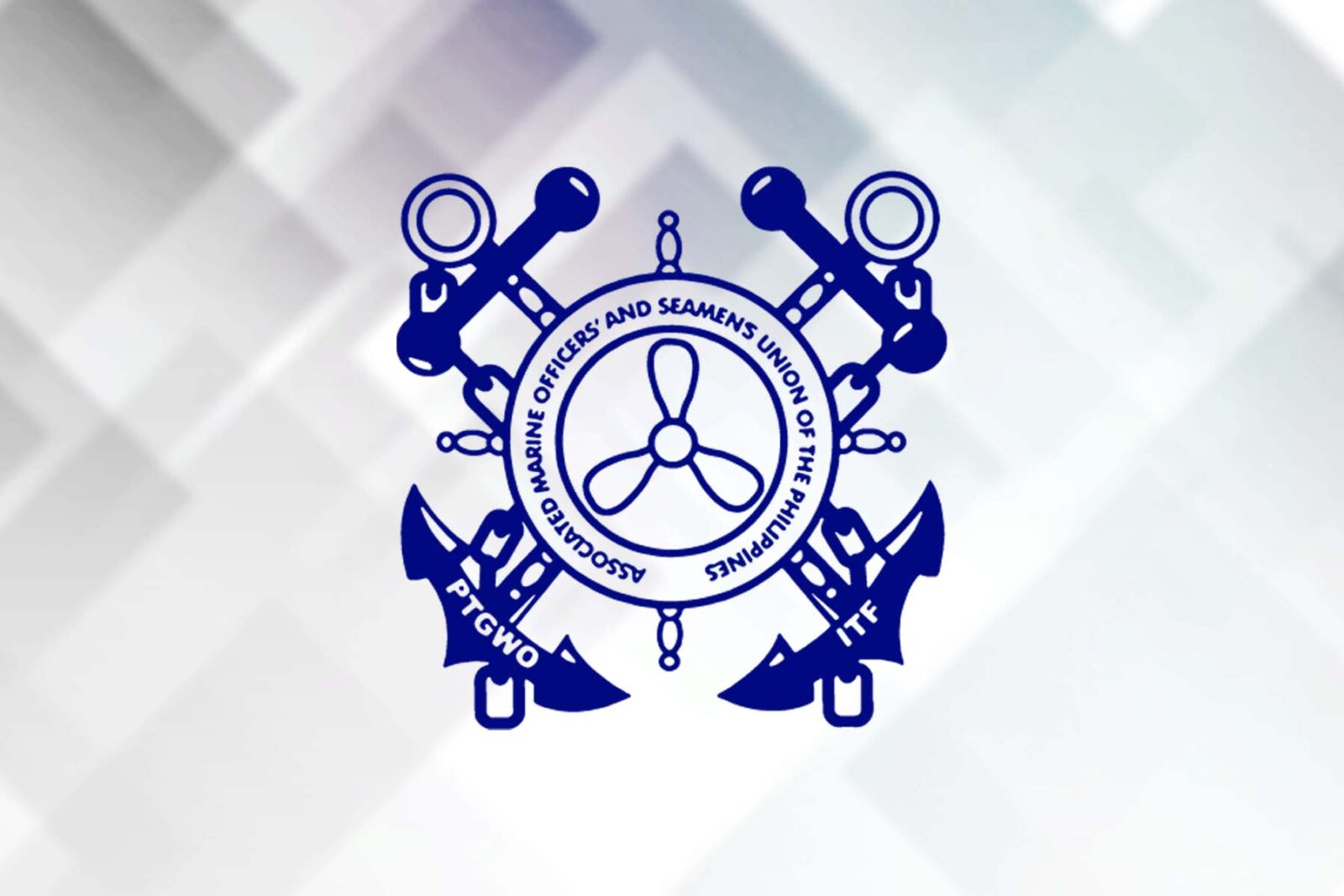Abuses becoming the ‘norm’ as PH sailors afraid to speak up

Filipino seafarers continue to suffer from abandonment and abuse due to their fear of losing their job if they speak up.
During the three-day International Conference on Seafarers’ Human Rights, Safety and Well-being, which ended on Wednesday with the Philippines as the host, Captain Jasmin Labarda of the Associated Marine Officers’ and Seamen’s Union of the Philippines (Amosup) said that many Filipino seafarers have come to “accept” the various forms of abuses happening at sea as the “norm.”
“They have accepted abuses. Nobody would like to speak up. And I’ve asked my colleagues, ‘Why are you not speaking up?’ They said, ‘I don’t want to lose my job; nobody will believe me,’” Labarda said at the sidelines of the conference on Tuesday.
The cases of abuses, especially by companies that cite bankruptcy and abandon ships while at sea, leave seafarers having to fend for themselves with limited supplies of food, fresh water and fuel available to them, she added.
According to Labarda, who heads the 53-year-old union for seafarers, these cases happen more often than reported, with shipowners escaping accountability.
Regular occurrence
“That is a regular occurrence … [and] it was magnified during the pandemic. Some states closed their doors to seafarers. The ships were looking for fuel, they were looking for food, and nobody wanted to [provide] supplies,” she said.
Shipowners usually get away with violating the rights of seafarers and labor regulations by seeking “flags of convenience,” a practice wherein a vessel is registered in a foreign state with more lenient regulations, Labarda added.
“So workers are open to more abuse and abandonment. Because what happens is [cases of] maltreatment are now dependent on one point of view, from the ship owner’s point of view, and no one will speak for the workers,” she said.
For his part, Labor Assistant Secretary Lennard Serrano pointed to the need for “stronger coordination” among member states of the International Labor Organization to receive more reports and calls for assistance and repatriation from seafarers in distress.
Serrano acknowledged that the government has sometimes been “unaware” of the urgent concerns at sea and worse, there are instances in which it learns only about the situation from the families of the seafarers.
Ambassador Carlos Sorreta, Permanent Representative of the Philippines to the United Nations in Geneva, also recognized the gaps due to the “irony of international relations.”
Manila Declaration
“Sometimes, states wait for the disaster or for massive crises before they get together and create the norms that will address this,” he said.
The Philippines, which is home to around 800,000 Filipino seafarers, and nine other nations have vowed to adhere to the Manila Declaration, a resolution that calls on governments to uphold the human rights of workers at sea.
According to the Department of Foreign Affairs, those who endorsed the declaration during the international conference were Bangladesh, Germany, Malaysia, Myanmar, Netherlands, New Zealand, Norway, Spain and the United Kingdom.
The commitments under the Manila Declaration are the upholding of human rights at all times, full enforcement of the Maritime Labour Convention, improvement of crisis preparedness, respect for seafarers’ right to refuse to sail in high-risk areas without reprisal, promotion of corporate human rights, fostering inclusion and women empowerment, ensuring a just transition amid digitalization and decarbonization, and harnessing international cooperation for maritime education and training.

















